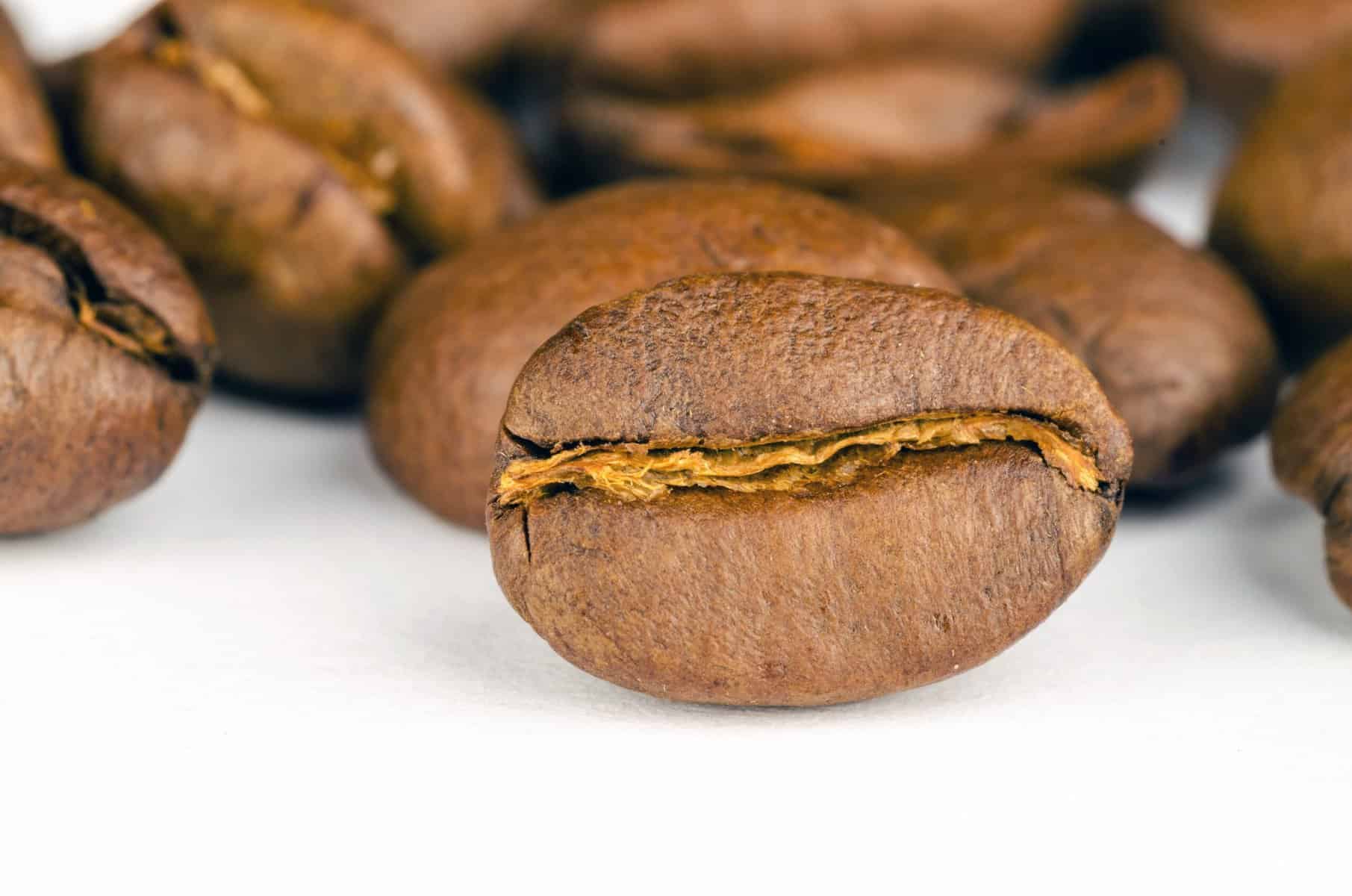Coffee drinkers can now get even more out of their morning cup of joe. Leftovers from the brew can be used to fight the mosquitoes that spread viruses such as dengue.
Recent outbreaks of dengue have affected several parts of the country. While mosquitoes are found almost everywhere, also found in the almost everyone’s backyard is a new way to fight those pesky bugs that carry a deadly disease.
A study from Brazil has shown that placing coffee grounds (the powder that remains after preparing coffee) in standing water or places where water collects, will stunt the development of mosquito larvae. Because the larvae they will never reach the adult stage, never seek the blood they need needed to aid in reproduction.
Dengue is a painful disease that affects 50 to 100 million people worldwide. There is no vaccine or treatment for dengue fever.
Costa Rica recently went on an offensive against the disease after recent outbreaks. Underway since June 25, “Dengue-Free Costa Rica” will encourage and reinforce efforts to prevent the disease. According to the Health Ministry, since January, 10,788 cases have been reported.
A study led by Hermione Bicudo, at State of São Paulo University in São José de Rio Preto in southeastern Brazil, studied ways to hinder growth of the Aedes aegypti, the species of mosquito that carries dengue and yellow fever, from 2002-2005. The study found that four soup spoons of coffee grounds in a glass of water intoxicated the larvae, and most died within 24 to 48 hours.
While four soup spoons might sound like quite a bit of coffee grounds, those who need their daily pick-me-up should have enough left over to dump coffee grounds in pools of stagnant water each day. The coffee grounds lose their effectiveness after a week of being in the water.
The study found another one other plus for using coffee grounds: the mosquitoes did not develop a resistance, while mosquitoes have developed some resistance to many insecticides. In addition, coffee grounds are harmless to most plants and animals. By contrast, most insecticides can be highly toxic to plants, animals – including pets – and even humans.
The main conclusion from the Brazilian study was that the key to fighting mosquitoes is eliminating the places where they breed. Disrupting the mosquito’s life cycle in their larval or adult stage is too challenging, Bicudo wrote. But poisoning or destroying their breeding grounds is a simpler task. Granted, mosquitoes breed just about anywhere.
The study listed such places as bottle caps, water inside a steam iron, flower pots, water in vases, slabs with water, aquariums and swimming pools – anywhere standing water can be found in the tropical or subtropical climates where the Aedes aaegypti lurks. Female mosquitoes are able to lay approximately 300 eggs.
The study added: “How to eliminate the danger? It may be reinforced that we have to throw away things that are no longer useful, put in a covered place things that we need to save, keep covered pots and any other kind of water tank, clean the slabs, clean and keep covered bathroom fittings that are not used, and keep constant surveillance on any other possible breeding site which cannot be discarded.”






